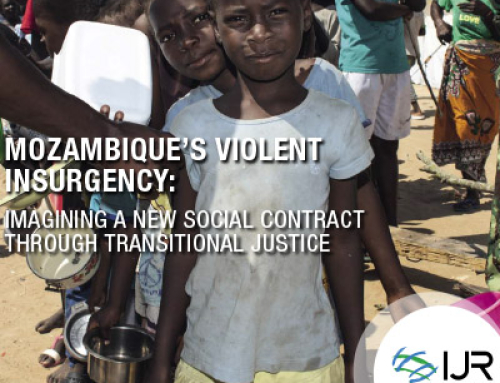
SARB Report 2004 – 3rd Round
Questions about how the reconciliation process is doing are frequently asked by South Africans and those interested in the South Africans situation.
These questions include: Has South Africa developed an enduring human right’s culture? Is sufficient dialogue transpiring? Are South Africans still imprisoned by their past? What are the essential obstacles and opportunities for reconciliation? Are South Africans learning to live together?
The SA Reconciliation Barometer, which completed its third consecutive national public opinion survey in May this year, provides one of the few systematic and comprehensive empirical platforms from which to draw some answers to these questions.
Whilst some national records can provide some insight into the state of reconciliation, whether it be through indicators of the relative distribution of economic gains, the form of the political system or election outcomes, reconciliation cannot be monitored without understanding people’s perceptions, views and values in relation to changes in their environment. Speaking about the factors that can affect the reconciliation process, Bloomfield argues that “this does not only relate to what happened in the past (the history); equally important are people’s perceptions of what happened in the past (the mythology)”.
This report, which gives a longitudinal overview of all three rounds of the bi-annual national survey, describes how South Africans at all levels of society react towards one another and the changing political and economic landscape. The Barometer monitors the social mood of the nation as it evaluates the intensifying impact of realities such as poverty, HIV/Aids and unemployment on South Africa’s fragile democracy.
By: Lombard, K.
Pages: 55
Dimensions: A4
Date of publication: 2004




